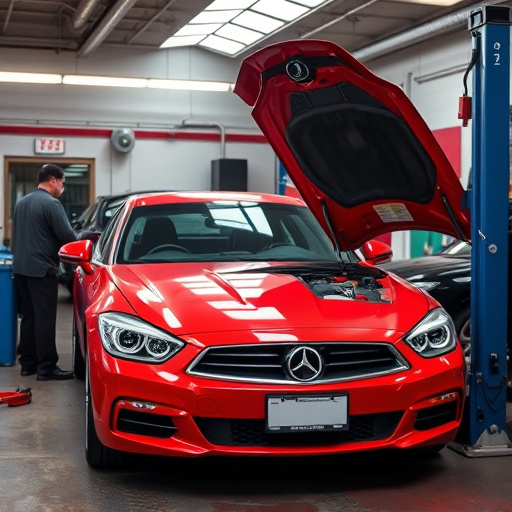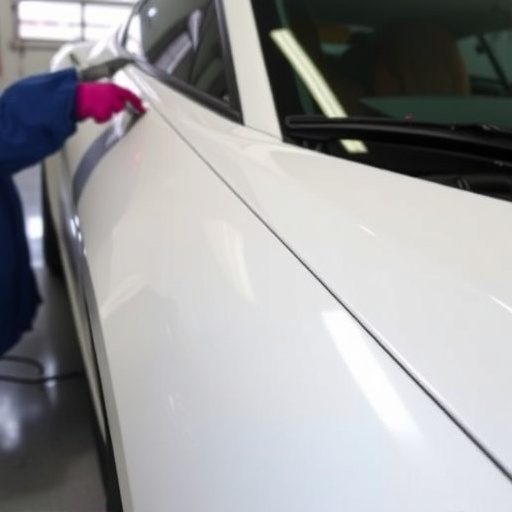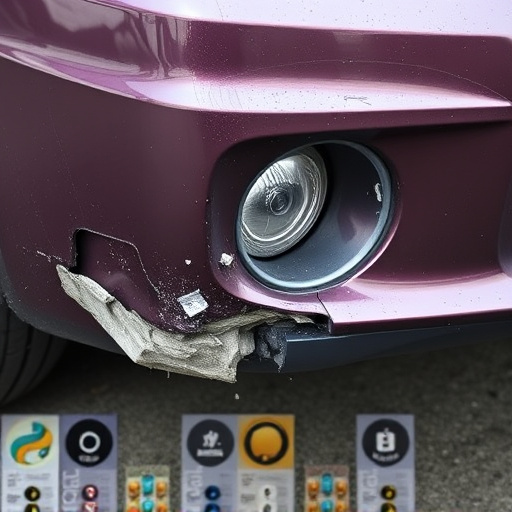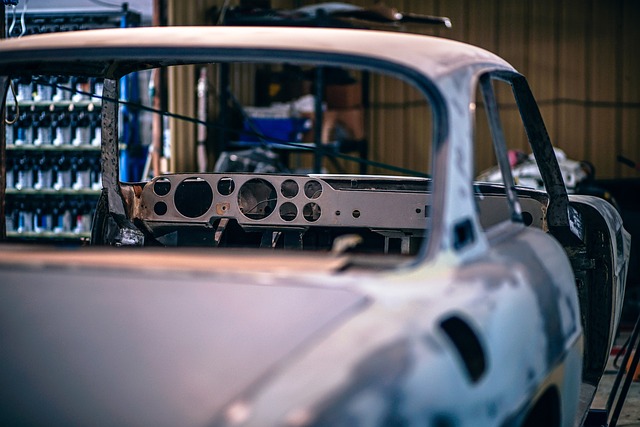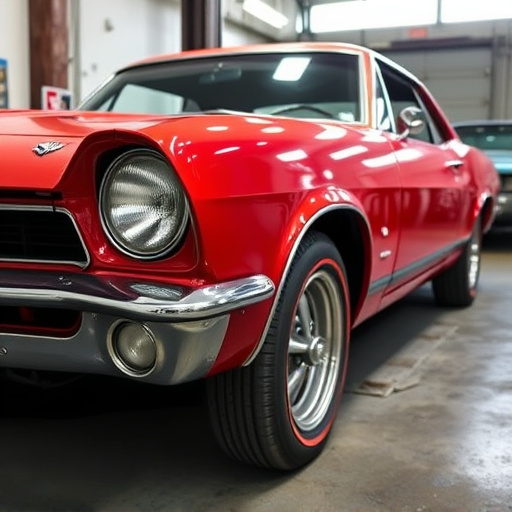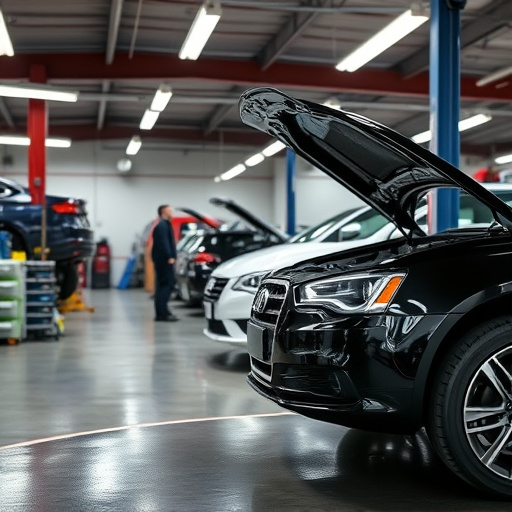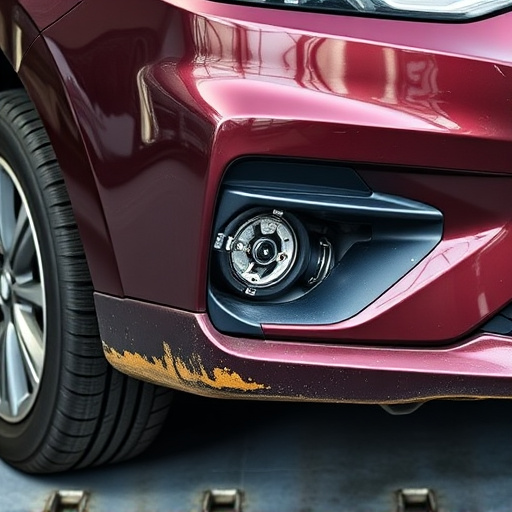Anti-corrosion materials are crucial across industries, protecting against environmental damage in automotive (especially collision repair), construction, marine, and manufacturing sectors. When sourcing these materials, research suppliers thoroughly for quality and consistency, prioritizing reputable companies with relevant certifications. Quality is key, with transparent sourcing and understanding project-specific needs essential for effective selection, as seen in the reliable practices of trusted car body shops.
In today’s industrial landscape, anti-corrosion materials play a pivotal role in ensuring the longevity and efficiency of various applications. From construction and automotive to marine and manufacturing, these materials are essential for preventing damage caused by rust and corrosion. This article explores the critical role of anti-corrosion materials, guides you through identifying reliable suppliers, and provides key factors to consider when sourcing these essential components, empowering you to make informed decisions.
- Understanding Anti-Corrosion Materials: Their Role and Benefits
- How to Identify Reliable Suppliers for Your Anti-Corrosive Needs
- Ensuring Quality: Key Factors to Consider in Anti-Corrosion Materials Sourcing
Understanding Anti-Corrosion Materials: Their Role and Benefits
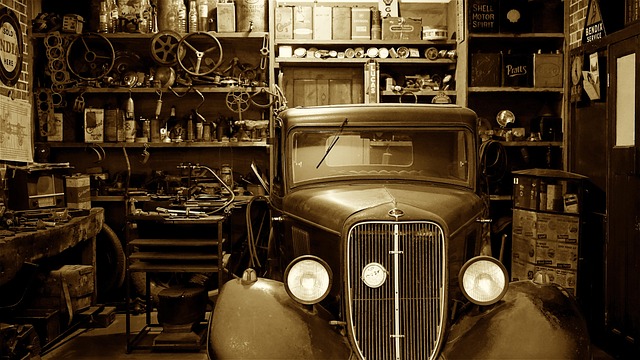
Anti-corrosion materials play a vital role in various industries, offering protection against rust and corrosion that can be detrimental to equipment, vehicles, and structures. These specialized materials are designed to withstand environmental factors such as moisture, chemicals, and extreme temperatures, ensuring longevity and preservation. In the context of car collision repair and frame straightening, anti-corrosion coatings and treatments are essential for restoring vehicles to their pre-accident condition. By barrier-coating metal surfaces, these materials prevent further damage, ensuring that repaired cars not only look as good as new but also maintain structural integrity over time.
Beyond automotive applications, anti-corrosion solutions are integral in industries like construction, marine, and manufacturing, where equipment and infrastructure are constantly exposed to corrosive elements. Car paint services often incorporate anti-corrosion technologies to enhance the durability of finishes, ensuring that vehicles not only look appealing but also remain protected against the elements. This proactive approach to corrosion prevention significantly reduces maintenance costs and enhances the overall lifespan of assets across diverse sectors.
How to Identify Reliable Suppliers for Your Anti-Corrosive Needs
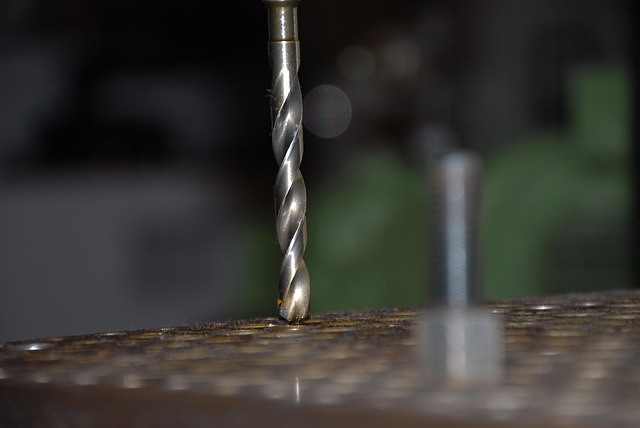
When seeking reliable suppliers for anti-corrosion materials, a strategic approach is essential to ensure quality and consistency. Begin by researching potential suppliers thoroughly, considering their reputation in the industry and customer reviews. Reputable suppliers often have an extensive track record of providing high-quality products, especially in specialized fields like automotive body shops, where corrosion protection is critical during frame straightening and tire services.
Additionally, look for certifications and standards they adhere to. Many anti-corrosion materials carry specific industry standards, ensuring their effectiveness. Suppliers who are certified and conform to these standards, such as ISO or industry-specific regulations, demonstrate a commitment to quality control. This is especially relevant when sourcing materials for specialized applications, guaranteeing compatibility and superior performance in various environments.
Ensuring Quality: Key Factors to Consider in Anti-Corrosion Materials Sourcing
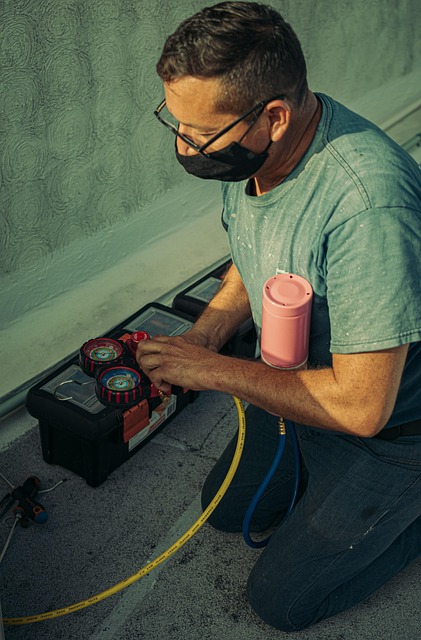
When sourcing anti-corrosion materials for any application, from automotive to industrial, ensuring quality is paramount. To make the right choice, consider several key factors. Firstly, check if the supplier has a proven track record and certifications that validate their commitment to quality standards. Reputable car body shops or car bodywork services often rely on trusted suppliers who can provide consistent, high-quality materials for vehicle paint repair and other restoration projects.
Additionally, the transparency of the supplier regarding sourcing and manufacturing processes is crucial. Inquiring about the composition and treatment methods of their anti-corrosion materials will give you insights into their effectiveness. Remember that the right material for a car body shop’s needs might differ from others, so understanding the specific requirements of your project—be it resistance to rust in marine environments or protective coating for automotive finishes—is essential when making your selection.
When sourcing anti-corrosion materials, it’s vital to partner with trusted suppliers who can consistently deliver high-quality products. By understanding your specific needs, carefully evaluating potential suppliers, and focusing on key quality factors, you can ensure that your chosen materials effectively protect against corrosion. This, in turn, will contribute to the longevity and reliability of your structures or components, ultimately saving time and costs in the long run.

